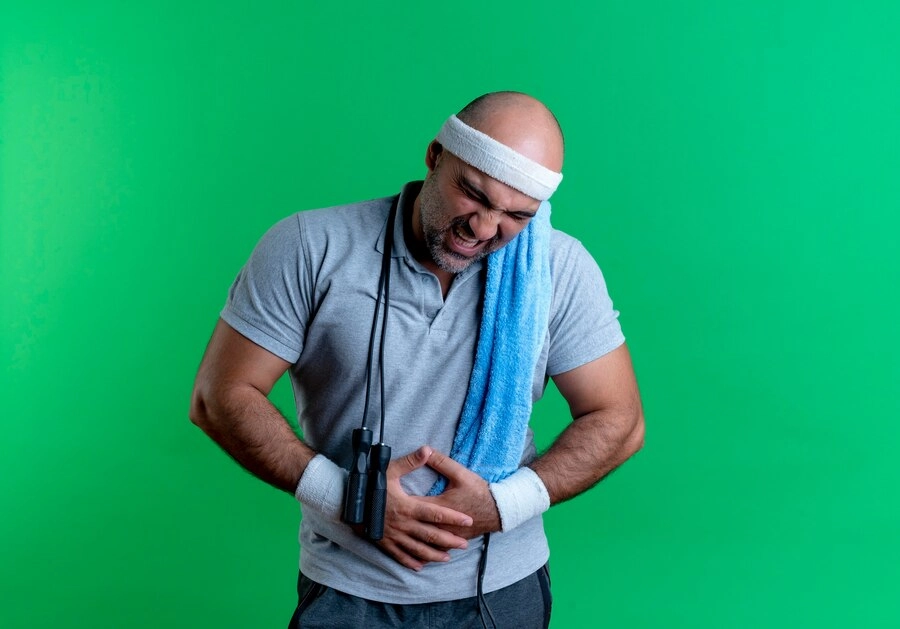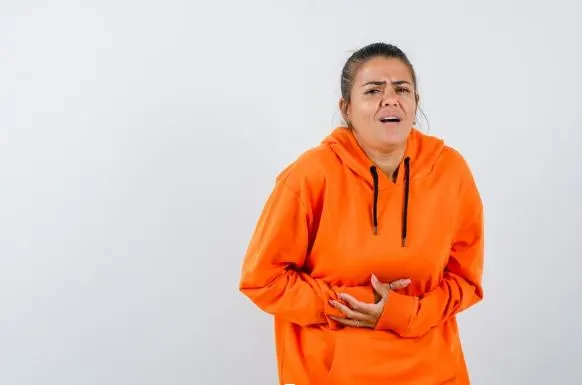Understanding Sports Hernias And Treatment Options
Category: General Surgery
Sports hernias can be a significant hurdle for athletes and active individuals, causing persistent groin pain that impacts performance and daily activities. At Lokmanya Hospitals, we offer expert care and personalized treatment plans to help patients recover effectively and return to their active lifestyles.
What Is A Sports Hernia?
A sports hernia, also known as athletic pubalgia, is a soft tissue injury in the groin or lower abdomen. Unlike traditional hernias, it doesn’t cause a visible bulge but can lead to severe discomfort, especially during high-intensity activities like running, twisting, or kicking.
Symptoms Of A Sports Hernia
Identifying symptoms early is crucial for effective treatment:
- Persistent pain in the groin or lower abdomen.
- Pain that radiates to the inner thigh or hip.
- Increased discomfort during physical activity, particularly twisting or running.
- No visible bulge despite significant pain.
- Pain that lingers for weeks or months without improvement.
Treatment Options At Lokmanya Hospitals
At Lokmanya Hospitals, we provide comprehensive treatment for sports hernias:
1. Conservative Care
- Rest and activity modification to allow healing.
- Ice therapy and anti-inflammatory medications for pain relief.
2. Advanced Physical Therapy
- Core-strengthening and flexibility exercises.
- Biomechanical corrections to prevent further strain.
3. Minimally Invasive Surgery
For severe cases, we offer advanced surgical interventions to repair damaged tissues, followed by a structured rehabilitation program to ensure complete recovery.
Why Choose Lokmanya Hospitals?
Lokmanya Hospitals is a trusted name in treating sports-related injuries, providing specialized expertise through skilled orthopedists and physiotherapists with extensive experience. Our advanced facilities include cutting-edge diagnostic tools and minimally invasive surgical options to ensure precise treatment. We offer tailored rehabilitation plans designed to suit your activity level and recovery goals, along with holistic care that supports you throughout the entire process, from diagnosis to rehabilitation.
Conclusion
A sports hernia can be a frustrating injury for athletes and active individuals, but with the right care, recovery is possible. Early identification of symptoms and timely intervention are essential for effective treatment and a swift return to normal activities. At Lokmanya Hospitals, we provide comprehensive, personalized care for sports hernias, from conservative treatments to advanced surgical options. Our expert team, state-of-the-art facilities, and tailored rehabilitation plans ensure that you receive the highest level of care. If you're experiencing groin pain or suspect a sports hernia, consult our specialists to get on the path to recovery and get back to doing what you love.
FAQ’s
1. Can a sports hernia occur without any trauma or injury?
Yes, a sports hernia can develop gradually over time due to repetitive stress on the groin area, often from activities like running, twisting, or kicking. It is not always the result of a sudden trauma.
2. How is a sports hernia diagnosed?
A sports hernia is diagnosed through a combination of physical examination, patient history, and imaging tests such as MRI or ultrasound. These tests help identify soft tissue injuries and rule out other conditions that could cause similar symptoms.
3. Is surgery always required for treating a sports hernia?
No, surgery is not always necessary. Many individuals recover with conservative treatments such as rest, ice therapy, physical therapy, and medication. Surgery is typically considered if the pain persists or if conservative treatments do not provide relief.
4. How long does it take to recover from sports hernia surgery?
Recovery time can vary depending on the severity of the injury and the chosen treatment. Typically, patients can expect a recovery period of 4 to 6 weeks for conservative care, while post-surgery recovery may take 3 to 6 months, depending on the individual’s progress and rehabilitation.
5. Can a sports hernia recur after treatment?
While recurrence is possible, especially if the underlying cause of the injury (like muscle imbalances or improper movement patterns) is not addressed, proper rehabilitation and strength training can help reduce the risk of recurrence.
6. Are there any long-term complications associated with sports hernias?
If left untreated or not managed properly, sports hernias can lead to chronic pain and long-term difficulty with physical activity. In rare cases, untreated hernias can lead to muscle weakness or further complications requiring more invasive treatment.






